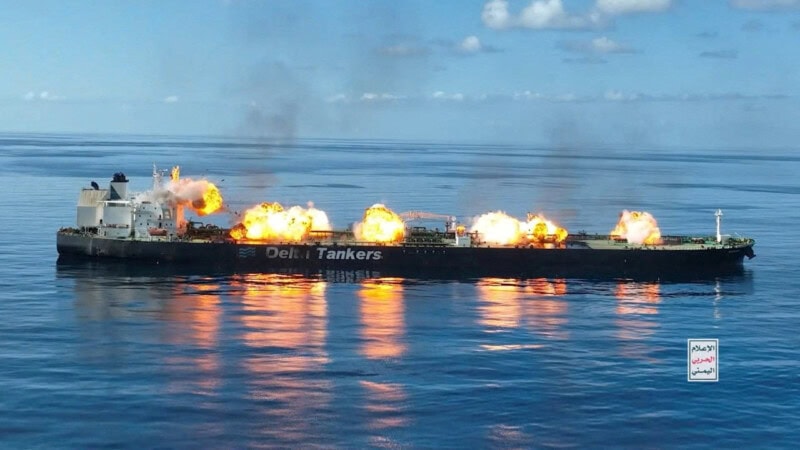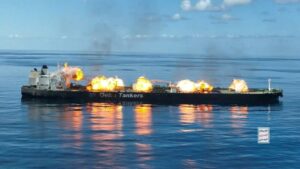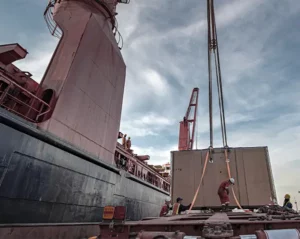Understanding the Risks
Conflict zones often suffer from weak infrastructure, limited security, and shifting regulations. Key risks include:
- Cargo Delays or Seizures: Due to military checkpoints, roadblocks, or shifting frontlines.
- Increased Insurance Costs: Coverage is limited or more expensive in high-risk zones.
- Security Threats: Theft, sabotage, or damage to goods and transport vehicles.
- Unpredictable Bureaucracy: Constantly changing customs rules and restrictions.
Strategic Approaches for Safe Transit
Despite the risks, experienced logistics companies have developed smart strategies for delivering in and around high-risk areas:
1. Route Planning with Real-Time Intelligence
We use satellite data, local intelligence, and route risk assessment tools to choose the safest and most efficient paths.
2. Local Partnerships
Collaborating with trusted local agents and carriers who understand the terrain, checkpoints, and latest developments is critical.
3. Specialized Vehicles & Escorts
For high-value or sensitive cargo, armored transport and private security escorts are used to reduce risk exposure.
4. Flexible Routing & Contingency Plans
Having secondary routes and the ability to re-route mid-transit ensures flexibility when primary paths are blocked.
5. Advanced Documentation & Diplomatic Channels
Working closely with embassies, humanitarian channels, and NGOs helps expedite approvals and protect cargo.
Our Experience in Challenging Routes
Our team has managed the transit of humanitarian aid, medical equipment, and project cargo across high-risk areas in Africa and the Middle East. With every mission, we’ve built stronger expertise in balancing urgency, safety, and compliance.
Final Thoughts
Transit through conflict zones is not business as usual—it’s about minimizing risk while ensuring supply chain continuity. Whether you’re an NGO, a government body, or a private company operating in emerging markets, choosing the right logistics partner is key.
Need support with high-risk deliveries?
Let our experts design a secure, tailored logistics solution for your mission-critical shipments.



